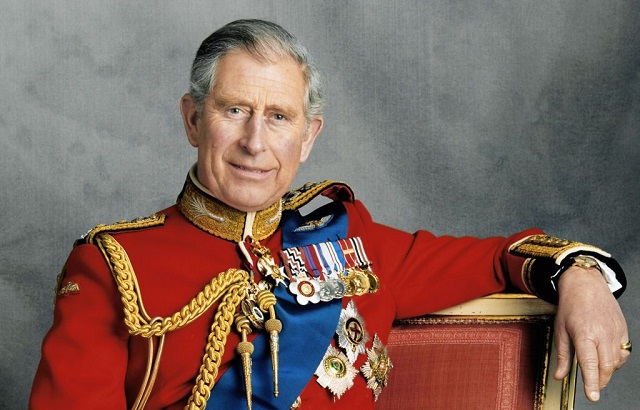
King Charles III will be crowned at Westminster Abbey in London on Saturday in a ceremony that promises to be brimming with royal splendour and rituals that date back more than 1,000 years.
Camilla Parker Bowles, Charles’s wife, is set to receive the title of queen consort and will also be crowned.
Kampala, Uganda | AGENCIES | The ceremony is expected to last a little under two hours and will be split into five stages:
• Recognition – This will be led by the archbishop of Canterbury, the principal leader of the Church of England. Charles will stand beside the 700-year-old Coronation Chair as he faces the attendees. After a short ceremonial presentation, the congregation will announce, “God Save the King.”
• The oath – Moving on from the ceremonial, the archbishop will get down to the legal requirement of the coronation oath. The king will be asked if he will uphold the law and maintain Christianity in the country. Other religious groups are expected to be acknowledged at the event. Charles will then take a second oath called the Accession Declaration Oath, in which he promises to be a “faithful Protestant”.
• The anointing – Now comes the spiritual ceremonial traditions. The archbishop will pour an oil made in Jerusalem from a golden flask called an ampulla onto the coronation spoon before officially anointing Charles. This part of the ceremony will be performed behind a closed curtain.
• Investiture and crowning – At this point, Charles will finally be crowned. The gold headpiece, which contains more than 400 gemstones, has been used since the coronation of Charles II in 1661.
• The enthronement – The final stage is when Charles will sit on the throne. His eldest son, Prince William, will then pay homage to the new king by kneeling and swearing allegiance by kissing his right hand. Some guests will then be invited up to pay homage to the new king.
All about the symbolic Stone of Destiny
King Charles crowning at Westminster Abbey on May 06 is steeped with symbolism through the various objects and rituals involved. One such object is the Stone of Destiny—or Stone of Scone—which traveled from its home in Edinburgh Castle to London for the event.
The Stone of Scone (pronounced scoon) is an oblong block of pale sandstone and an ancient symbol of Scotland’s monarchy. It has a fascinating history and is positioned underneath the coronation chair that King Charles sits on when he is crowned.
The stone was used for the inaugurations of Scottish kings hundreds of years ago. But it was seized from Scone Palace, Scotland in 1296 by King Edward I of England (who was also nicknamed Hammer of the Scots for his repeated attempts to invade Scotland) and taken to England. Legend has it that it was the stone that Jacob rested his head on in the Old Testament, however it has since been discovered by geologists that it originated from the Scone area.
Edward had the oak coronation chair made specially to hold the stone, and it was first used for the coronation of his son Edward II in 1308. Despite putting the stone into the chair as a symbol of his conquest, Edward’s rule over Scotland was short-lived. Robert the Bruce led the rebellion that saw him crowned King of Scotland in 1306.
Nevertheless, the stone remained in England and the coronation chair containing the stone has been used for the coronations of English and later British monarchs since 1308, but in 1996 it was decided it would be given back to Scotland and it is now on display in Edinburgh Castle. It was removed to be brought to Westminster Abbey and will be returned to Scotland after the ceremony.
Until it was sent back to Scotland it had hardly left Westminster Abbey. However, it was taken from the Abbey by Scottish students in 1950 who wanted to make a statement about Scottish nationalism. They buried a section of it in Kent, but later recovered it and handed it over. It was taken back to Westminster Abbey and used for the 1953 coronation.
 The Independent Uganda: You get the Truth we Pay the Price
The Independent Uganda: You get the Truth we Pay the Price





